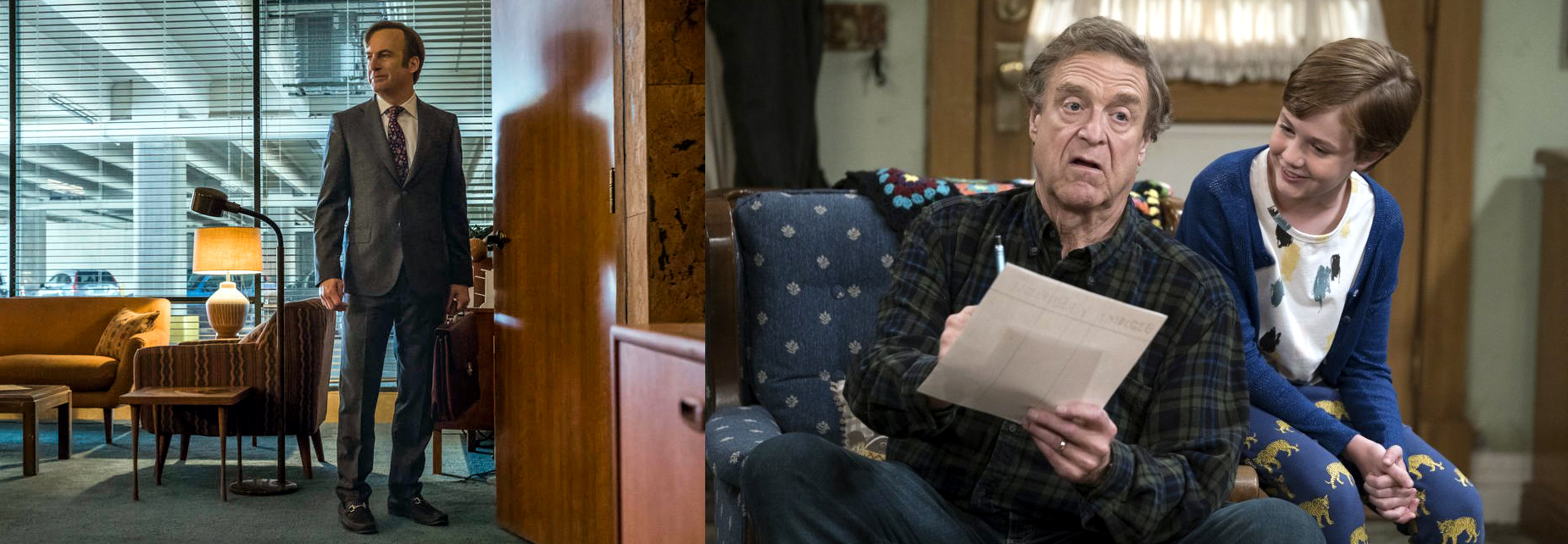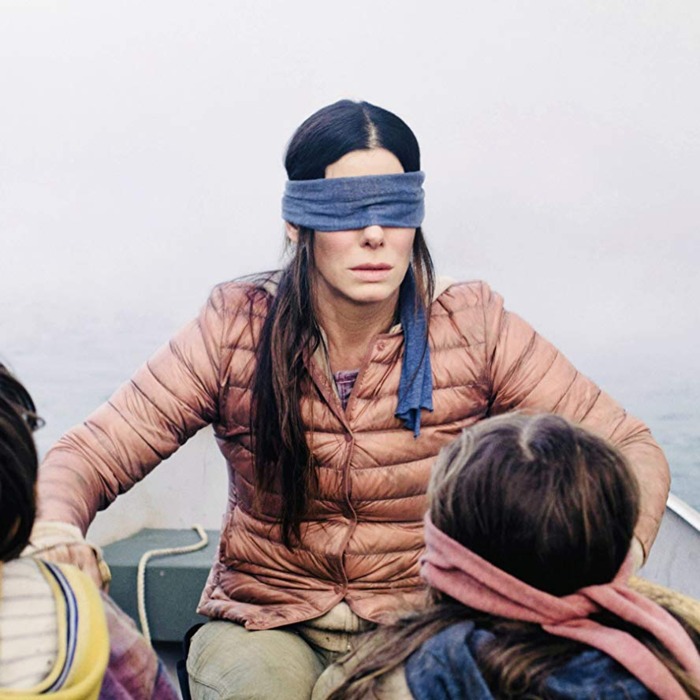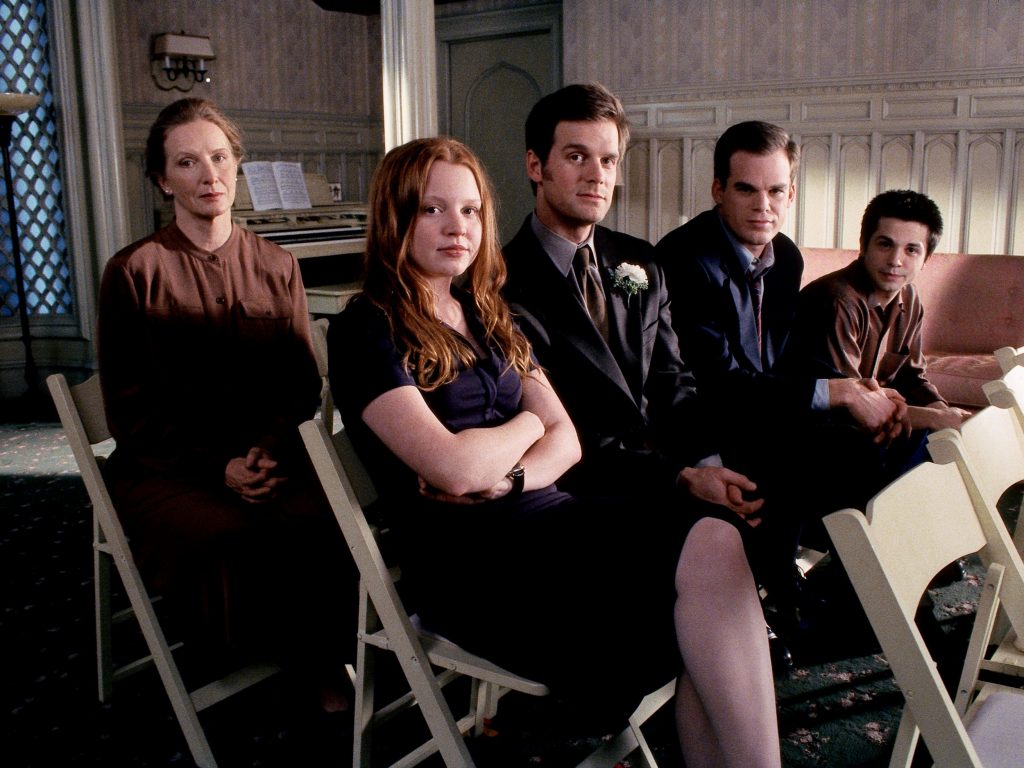By Darren Johnson
Campus News and Nu2U
We romanticize comedians, but I’d never want to be one. The thought of staying in a depressed Ramada Inn in Dayton to play to a few drunks at their local Yuk Yuk’s or Funny Bone or some other horribly named lounge, only to pack up the Jetta and go to the next depressed town and eat the same motel waffles and tell the exact same jokes (pretending they are new jokes) the next night in the next little town, and then the next town, and the next, is soul-crushing just to think about.
But practically every big time comedian today has paid their dues like that. That hitting rock bottom and the resulting soul-searching, alone in an outdated budget inn, while perfecting one’s timing on little stages, being heckled and getting a thick skin, can only come from years of taking the low road.
 It’s this training ground that has produced some of the best sitcom stars of the past 30 years, from Jerry Seinfeld in his self-titled show to Larry David in “Curb Your Enthusiasm” (review) to Ray Romano in “Everybody Loves Raymond.” These are all-time great shows led by people who paid their dues — and regularly bombed while perfecting their craft.
It’s this training ground that has produced some of the best sitcom stars of the past 30 years, from Jerry Seinfeld in his self-titled show to Larry David in “Curb Your Enthusiasm” (review) to Ray Romano in “Everybody Loves Raymond.” These are all-time great shows led by people who paid their dues — and regularly bombed while perfecting their craft.
So in October, we found ourselves at the end of Season 4 of the spectacular “Better Call Saul,” led by comedian Bob Odenkirk (review); and at the beginning of a new show, that was a spinoff of an old show, “The Conners,” which follows the fictional family after ABC forced Roseanne Barr off of mega-hit “Roseanne” because of some of her very inappropriate tweets. Barr also is a hardened road comic, and her standup act is very good. (Perhaps she should hit the road again, considering she has some time off.)
Now we have two shows in transition. The protagonist in “Better Call Saul” took a gap year in Season 4 of this series, which is a spinoff prequel to another all-time great show, “Breaking Bad.” The gap year was where kindhearted but corner-cutting attorney Jimmy McGill is disbarred for 12 months and must find gainful employment, which he does — this season being set in 2003-04 — at a low-end cell phone store at a time when criminals began to discover the value of burner phones. So McGill, ever the opportunist, hits the streets with his inventory, going by his Saul Goodman moniker and persona, making friends on the street and thwarting enemies. By the end of this season, he begins his transformation into the ambulance chaser/money launderer we all know and love in “Breaking Bad” and its setting, which starts in 2008. We also see the transformation of beloved villains Gus Fring (Giancarlo Esposito) and Mike Ehrmantraut (Jonathan Banks). Season 4 ended Oct. 8, but is available on-demand, and Seasons 1-3 are on Netflix along with all of “Breaking Bad.”
And then there’s “The Conners,” which debuted Oct. 16. Roseanne’s departure from the show is explained right away as an opioid overdose. And stellar actors John Goodman as Dan and Laurie Metcalf as Jackie remain. But they are actors, not comedians. ABC couldn’t give up on this series, considering “Roseanne” was ranked one of the top shows last season by Nielsen, often at No. 1, but the debut had all of the poignant moments the previous series had with far less effective one-liners to break up the malaise of living in the Conners’ crummy house in Lanford, Ill., the miserable kind of town road comics visit. The jokes are what made “Roseanne” tolerable. We laughed, or else we’d cry. It’s why ghetto-based sitcom “Good Times” needed Jimmy Walker’s “Dyn-o-mite!”
And are we getting sick of nostalgia TV? We either get shows set in the 1980s with omniscient voice-over narrators, like “The Goldbergs,” or shows that simply bring back the old casts, like “Will & Grace,” which is too topical and hip to become permanent; or “Murphy Brown,” same. Trump jokes some day are going to seem like Nixon jokes do today. To become an all-time great show, the writing can’t get bogged down too much by current events. I don’t recall “Seinfeld” ever mentioning Bill Clinton.
After all, last year’s “Roseanne” was just a revival of the 1990s show with the same name and cast, which was largely of its era. If I want to see an outdated living room with some worn out cushions and framed Sears portraits askew on the walls, I’ll merely look around my own house! Why do I need a “comedy” that makes me even more miserably self-aware?
Roseanne Barr, the person, surely wrote some outrageous things on social media, and that is what a network gets when a comedian is hired. Comedians make horrible faux pas. It’s who they are. But normally those mistakes are made in small dives in Dayton, or Lanford, and only a few drunks chuckle and quickly forget. Then burner phones became smart phones, and we got the actor who played Kramer on “Seinfeld” similarly imploding, this time on YouTube.
Roseanne, the character, is dead now, but “The Conners” live on. But, please, these awkward child actors now grown up can’t deliver jokes. This is a flagship network show. Get Dan — or Jackie — a new love-interest quick, and make sure the actor who plays this person had spent some time in dilapidated motel lobbies, going from town to town, becoming a bitter, hardened comedian. That’s how the yuk yuks are made.
In these times, we need to laugh more. And it seems a drama like “Better Call Saul” has better comedic material.
 Darren Johnson has written “It’s New to You!” for over eight years, the first column to review hidden gems on streaming sites like Netflix and others. Follow him on LinkedIn.
Darren Johnson has written “It’s New to You!” for over eight years, the first column to review hidden gems on streaming sites like Netflix and others. Follow him on LinkedIn.





Facebook Comments